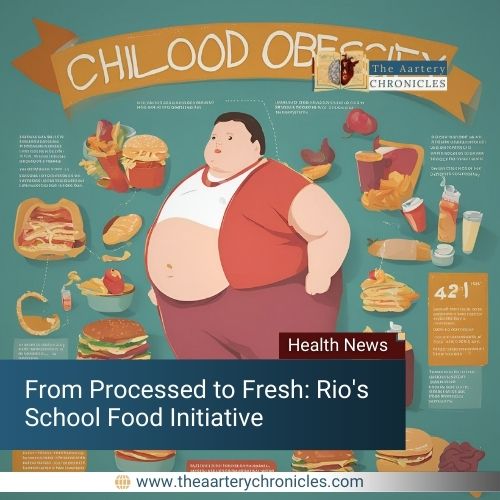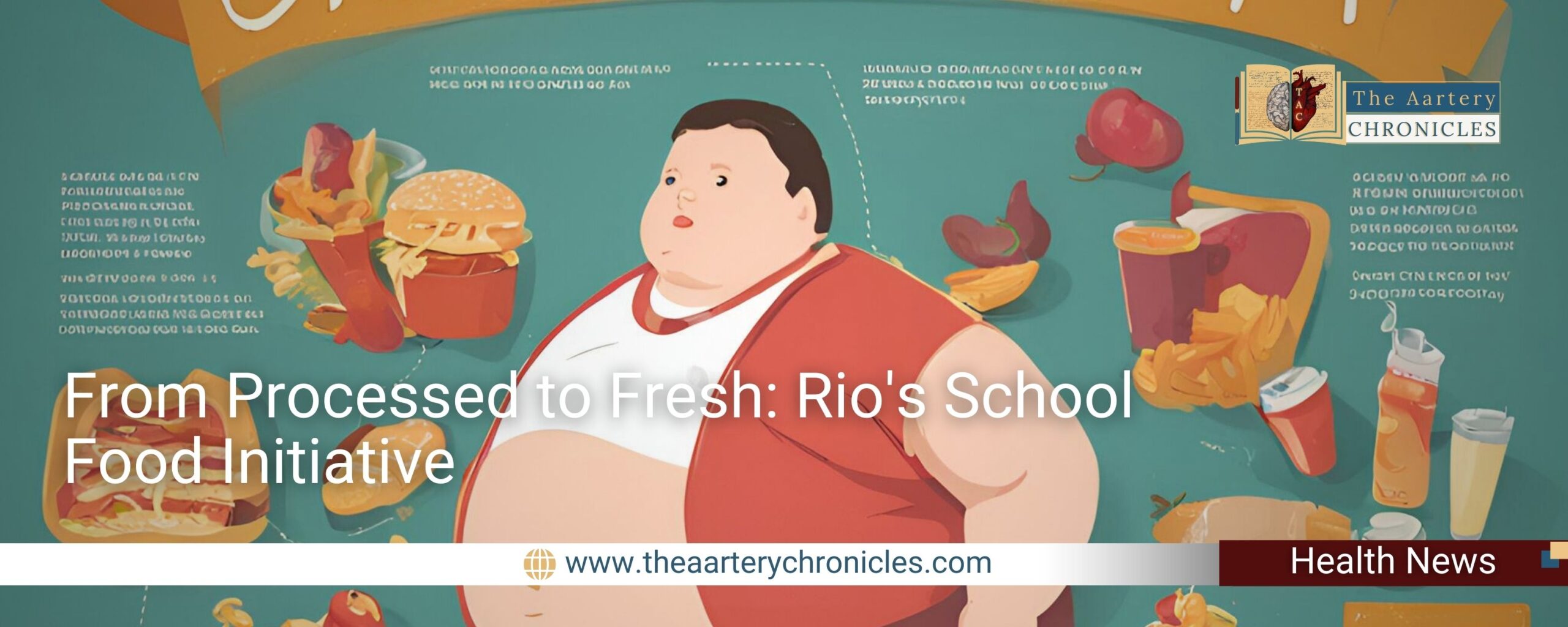

From Processed to Fresh: Rio's School Food Initiative
Revamping the School Cafeteria Menu
The school cafeteria in Rio de Janeiro, Brazil, has revamped its menu to combat childhood obesity. Nearly one-third of Brazilian children are obese, prompting city officials to take action. Ultrarefined foods like cakes and snacks have been replaced with healthier options like chicken, potatoes, and carrot-and-cabbage salad. Cook Neide Oliveira, preparing meals for 650 students at Burle Marx public school, emphasizes the absence of additives in their food, adhering to the city’s ban on ultra-processed foods.
Investigation and Findings
The initiative seeks to reintroduce traditional Brazilian fruits and vegetables, such as yams and okra, to kids who may be unfamiliar with them. This effort has shown great results, as students like the wholesome meals offered. Guilherme, a 15-year-old student, values the healthier selections at school over the junk food he usually eats at home.
Marluce Fortunato, a nutritionist for the Rio municipal administration, recognizes the global issue of kid obesity and emphasizes the significance of educating pupils about appropriate eating habits. Studies suggest that more than 80% of Brazilian youngsters consume ultra-processed meals daily, which contributes to health problems.
Overcoming Challenges and Promoting Alternative Initiatives
While the shift away from ultra-processed foods is beneficial, it remains a challenge due to their widespread availability and lower costs. Fortunato highlights the need for parental support in reinforcing healthy eating habits at home.
Despite these challenges, initiatives like Organic Favela, which promotes organic produce and colourful meals, are making a difference. The project encourages residents, including children, to embrace natural foods and diverse recipes. Regina Tchelly, the project’s founder, emphasizes the importance of incorporating five colours of natural foods on plates, teaching residents to make nutritious dishes like avocado butter and “Barbie eggs.”
On a national level, a campaign titled “sweet poison” has been launched to raise awareness about the health risks of ultra-processed foods. This campaign advocates for taxing such foods to subsidize healthier alternatives.
Overall, efforts in Rio de Janeiro and across Brazil are aimed at reshaping attitudes toward food and promoting a healthier future for children.
Source: Inputs from various media Sources





